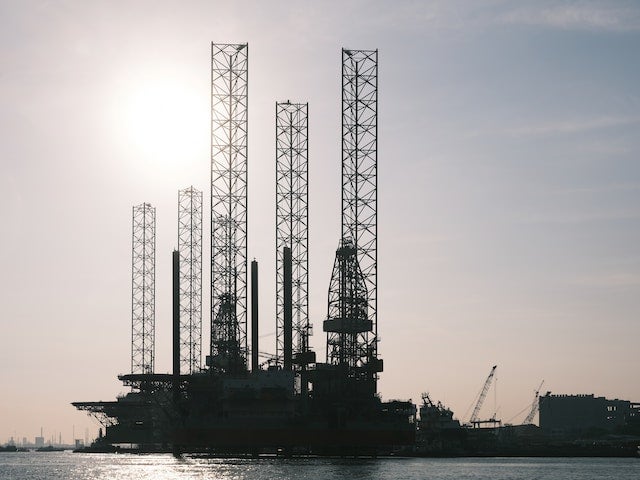
Brazil’s state-owned oil and gas company Petrobras has started production of the FPSO Almirante Barroso platform in the Búzios field, located in the Santos Basin, offshore Brazil.
Chartered by Japanese shipbuilding company Modec, FPSO Almirante Barroso has a daily production capacity of up to 150,000 barrels of oil and six million m3 of gas.
Located 180km off the coast of Rio de Janeiro, it is the fifth platform to begin operations in the Búzios field and operates its production in a water depth of 1,900m.
The Búzios field units P-74, P-75, P-76, and P-77 were already in production.
Petrobras holds 88.99% in the Buzios field, which is also its operator, alongside CNOOC Petroleum Brasil with 7.34%, and CNODC Brasil Petróleo e Gás holding 3.67%. Petrobras CEO Jean Paul Prates said: “Búzios synthesizes how representative the pre-salt is for Petrobras’ production, besides being important for the country’s energy security.
“By 2025, when the Almirante Barroso FPSO will be close to its maximum capacity and we will have the entry of other units, the field’s production should reach close to the 700,000 barrels per day mark.”
Búzios is said to be the world’s largest deep-water pre-salt oilfield, which currently produces an average of 560,000 barrels per day, nearly 17% of Brazil’s national production.
The field’s current development concept includes 11 platforms, five already producing and six units, FPSO Almirante Tamandaré, P-78, P-79, P-80, P-82, and P-83 under construction.
The FPSO Almirante Barroso, which can store 1.4 million barrels of crude oil, was converted in China in July last year, and arrived at the oilfield in February this year, said CNOOC.
CNOOC president Xia Qinglong said: “Buzios5 is the first project to commence production after CNOOC Limited joins Buzios project, which will inject new momentum into our overseas production growth.
“We adhere to win-win cooperation with the host government and partners, to jointly develop the world-class ultra-deepwater project, and to contribute to the sustainable development of Brazil’s oil and gas industry, economy and society.”






